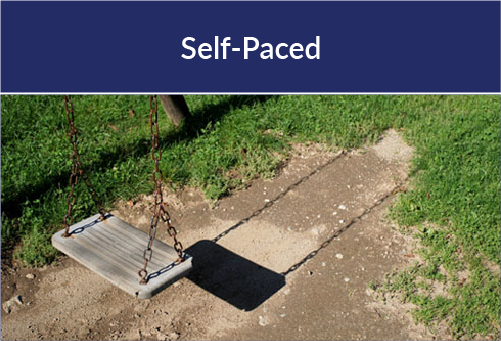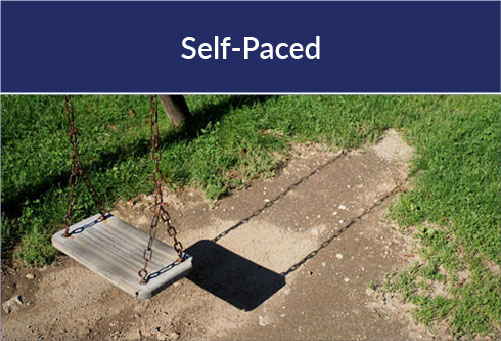


Learn about the free analytical resources available to identify and recover victims of child sex trafficking. Gather information about the resources and services offered by the Child Sex Trafficking Team (CSTT) at NCMEC, such as providing analytical support and completing comprehensive reports regarding possible child victims and their traffickers.

Abductions involving family members may be one of two scenarios; a family member abducts the child, or the family member is involved in the death of the child and then falsely reports the child as missing. Compare and contrast specific characteristics of different types of family member involved child abductions. Identify crucial initial steps in a Family Member Abduction which can aid in quick recovery of the child. Delve into the False Report of Child Abduction by a family member. Identifying patterns and response recommendations to assist in discerning a false report, then the investigative steps to thoroughly investigate family members and either focus investigative efforts upon them or eliminate them quickly. Examine several case studies of false reports and identify risk factors that indicate possible false reports.

The seventh course in the Missing Child Investigations in Indian Country (MCI-IC) online training series is designed to help law enforcement understand and apply processes in the final of four distinct phases in a missing child investigation in Indian Country. Phase 4 addresses missing child investigations which have not been resolved during the preliminary investigative phases and that progress to a long-term or continued investigative phase.

Unsolved child abductions are among the most complex cases in investigative work. This webinar will explore key factors that shape these cases, providing essential tools for navigating their challenges. Gain a deeper understanding of key terminology, examine seven pivotal case factors that can shift an investigation, and identify common hurdles that hinder case resolution. Join us for an insightful look at investigative techniques, case complexities, and strategies for making progress in these difficult cases.

Gain an overview of the Investigative Officer Checklist resource, which can be found in the Resources tab on this webpage. The course will guide you through a case-scenario review of important checklist elements and considerations for effective use. You will be provided with information to support accurate and effective response to reports of endangered, missing or abducted children, and effective transition from patrol first response to ongoing investigation of the case.

The child interviewing field recommends an initial “rapport” phase, the use of narrative questions, and obtaining narrative accounts upon disclosure of abuse. However, there is relatively little guidance how to properly establish “rapport”, or how to organize questioning after a child discloses abuse. During this webinar, you will learn practical strategies to improve the clarity, accuracy, and level of detail in children’s’ reports.

This webinar will identify child-centered investigative protocols for law enforcement and CPS when responding to reports of a juvenile (adolescent and younger children) perpetrated child sexual abuse or exploitation, properly known as Problematic Sexual Behaviors or PSB. Discussion will include how the expanded use of technology by minors has led to an increase in facilitated and learned behaviors, and the importance of identifying these outside influences in the investigative process.

Gain an overview of the Patrol First Response investigative checklist resource. This training provides a guided case-scenario review of important checklist elements and considerations for effective use. Patrol officers can use this information to support accurate and effective response to reports of endangered, missing or abducted children, and assist with steps essential to communicate information to arriving investigators. You will find the resource in the Resources tab on this webpage.

Gain an overview of the Supervisory Officer Checklist resource, which can be found in the Resources tab on this webpage. The course will guide you through a case-scenario review of important checklist elements and considerations for effective use. You will be provided with information to support accurate and effective supervisory response to reports of endangered missing or abducted children, and effective coordination of case roles and responsibilities across patrol, investigations and outside resources.

Gathering information is an essential skill for law enforcement and child protection when responding to disclosures/reports of child abuse and neglect. This webinar will review the importance of this critical step and discuss how to conduct this information-gathering in a way that best supports the forensic interview process and investigation, while ensuring the well-being of children.
